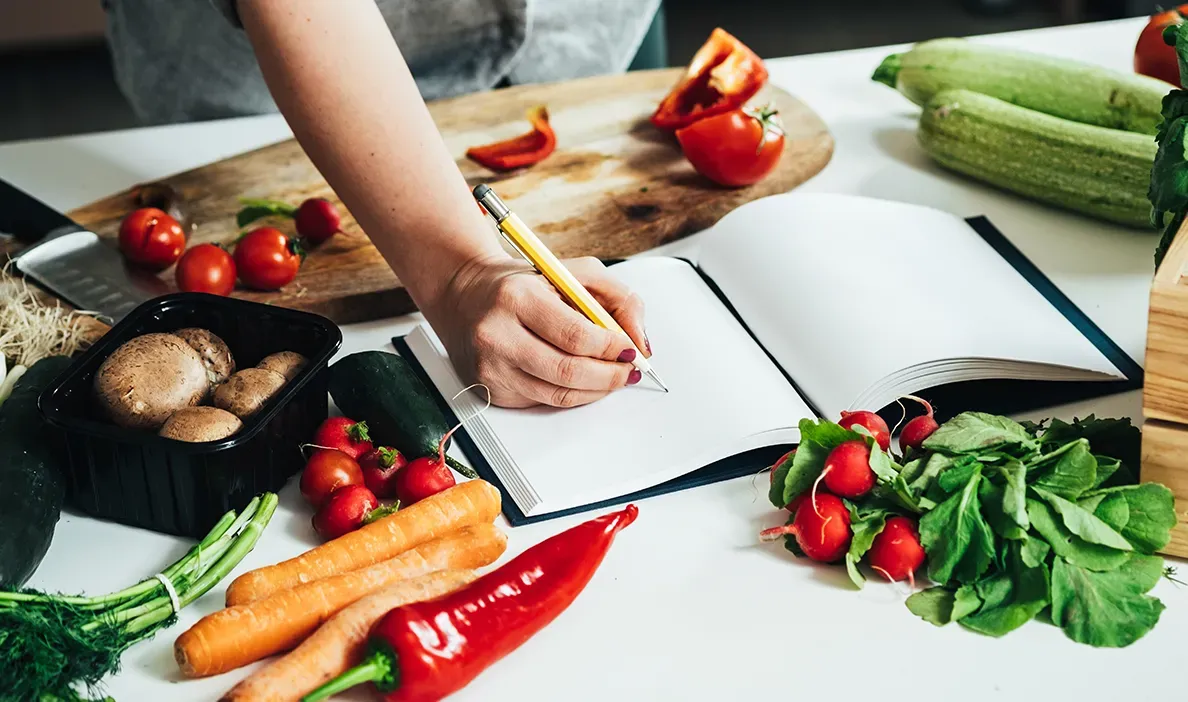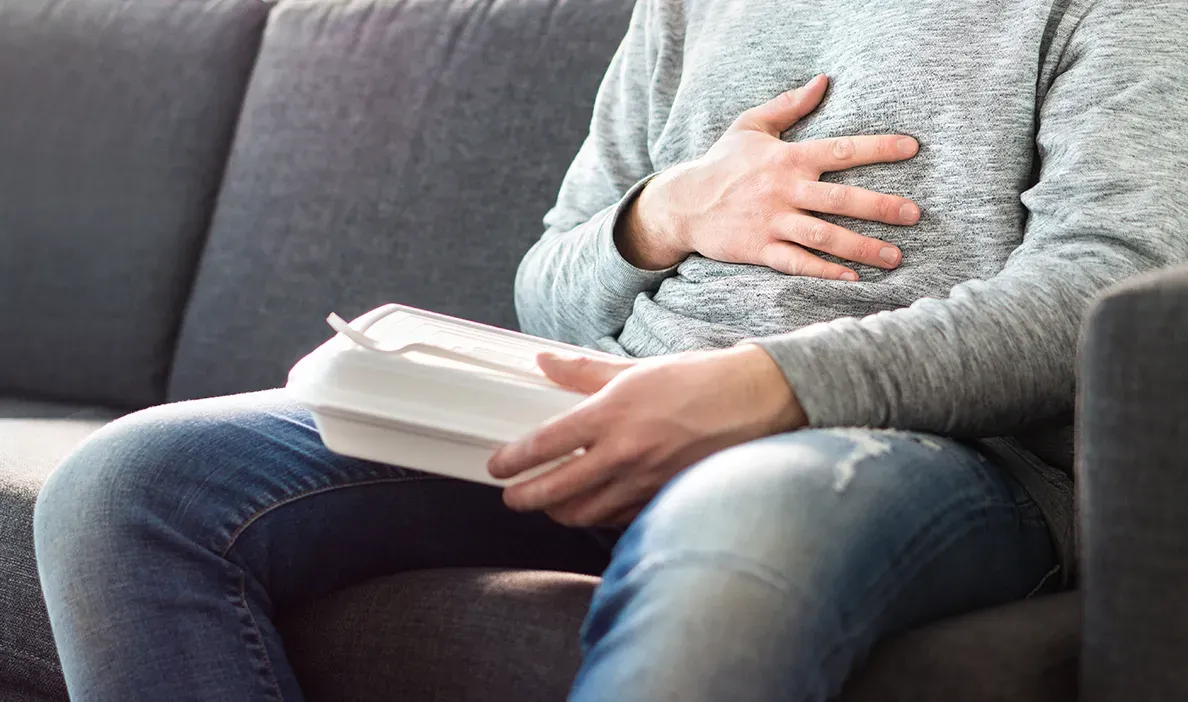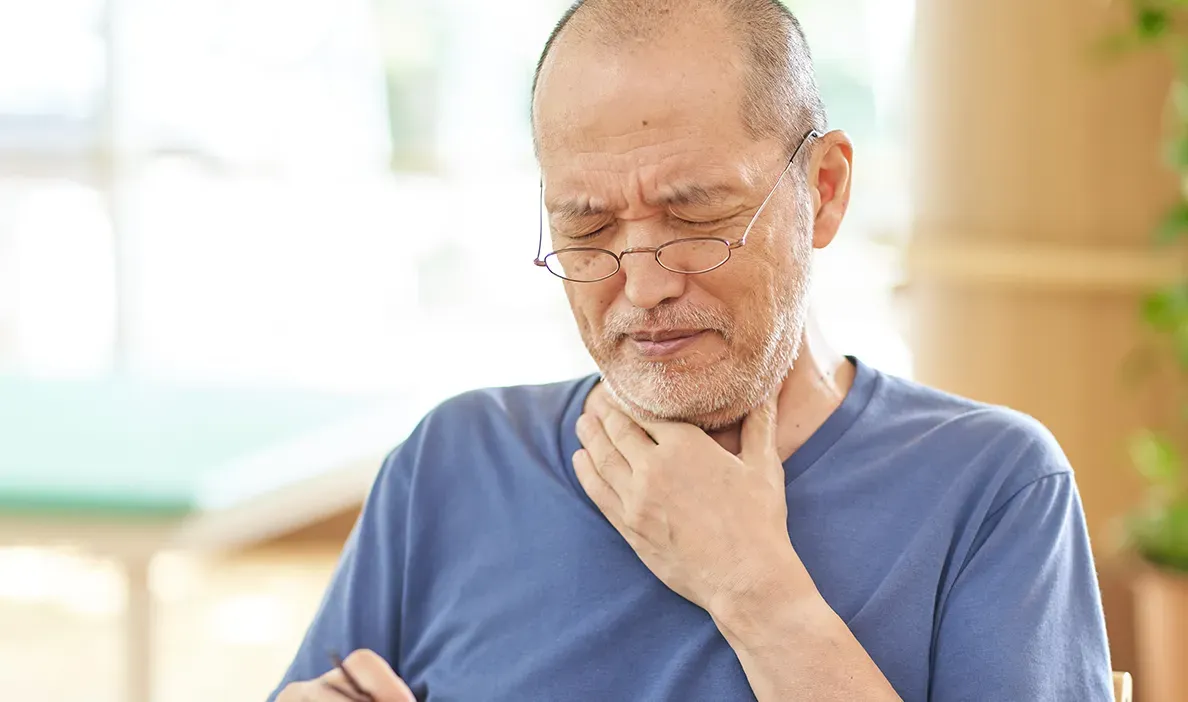If you’re living with cancer, you may be looking for some healthy habits to bring into your life. We understand it can be difficult knowing where to start and how to keep up with new habits; you may not have much time or energy to be trying new things.
Healthy eating is especially important when you’re living with cancer, but it can be time-consuming to make your own food.1,2 So, to help you get started, we’ve shared some tips below that could help you to make delicious, healthy food – without spending hours in the kitchen each day.
Before you get started, make sure you have enough containers to store the food and enough space in the fridge and freezer!
Make a meal plan
Now you don’t have to plan the whole week perfectly, but you may find it handy getting some ideas together about what you would like to eat over the coming days. It may help you feel organised for the week ahead, as you will have a better idea of the ingredients you need and when you’re going to have certain meals.2
Prepare meals in advance
Everyone’s week looks different – but, for many, Monday is considered the first day. What can you do to get ahead? You could try spending a couple of hours on Sunday laying the groundwork in the kitchen: planning what meals and snacks you would like for the week ahead and preparing them. You can store them in the fridge and freezer, to be taken out when you want them.
Some ways to prepare for the week include:
- Roasting or steaming proteins and vegetables, ready to be put together as a meal
- Creating a one-pot meal like a casserole, or a traybake, such as a lasagne or pie, that can be divided up
- Washing and chopping some raw vegetables or fruit to eat as snacks between meals
Consider getting a slow cooker
It's hard to beat the ‘set-it-and-forget-it’ convenience of a slow cooker. Look online for a few healthy recipes that will cook slowly during the day while you do something else. Once the meal has cooked and cooled down, it can be divided into individual servings. You can chill or freeze these, meaning you have some quick, healthy meals to hand when you need them.3
Check out this slow cooking cookbook from the World Cancer Research Fund here!2
Double up where you can
When you’re making a meal that can be easily doubled, save some time and make two portions. For example, if you are boiling eggs for a sandwich, you may want to boil enough to make a sandwich for the next day. Or, if you are making a tuna salad, prepare enough to have some the next day or day after. It’s an efficient way to make more food without increasing the cooking time.2
Have plenty of healthy snacks to hand
If you can prepare some healthy snacks ahead of time, you'll be less likely to reach for something unhealthy when you don’t have any time or energy. Protein-rich snacks, such as yoghurt and fruit, or on-the-go snacks, such as nuts or crackers, may be a good idea.1
Do the first steps
If meal prep isn’t really your thing and you like to cook things fresh, you could help yourself by getting the first steps out the way in advance. For example, if you bought a packet of mashed potato with 2 servings, you could split it into 2 and freeze them separately so you have servings ready for when you need them. You could chop raw vegetables and store them in the fridge for a few days before you need them for cooking.2
Remember what you’ve prepared
When preparing and storing food, you may wish to label it with what’s inside and the date you made it. It sounds simple, but by doing so you can easily know what you have and what should be eaten first.2
And, finally, don’t be afraid to ask for help
If for any reason your preparation doesn’t go to plan, don’t worry – reach out for help where you can. Through the ByYourSide app, you can request help from your support network on cooking days – after all, many hands make light work! The app can help you let others know what you need help with. It may be going to the supermarket to fetch ingredients, preparing meals, or other tasks around the home. Read more here.
If you’re looking for more information on healthy eating, you might find some useful information on our ‘Healthy eating’ page. If you’re worried about losing weight, the ‘Tackling weight loss’ page could be for you.
Remember, it’s important to speak with your healthcare team about any new or worsening symptoms or side effects you’re experiencing.
References
- American Cancer Society. Eating well during treatment. Available from: https://www.cancer.org/cancer/survivorship/coping/nutrition/once-treatment-starts.html [Accessed June 2025]
- Roswell Park Comprehensive Cancer Center. Saving time in the kitchen. Available from: https://www.roswellpark.org/cancertalk/202111/saving-time-kitchen [Accessed June 2025]
- World Cancer Research Fund. Healthier slow cooking. Available from: https://www.wcrf.org/living-well/health-guides-cookbooks/healthier-slow-cooking/ [Accessed June 2025]
- Healthline. How to stop eating junk food: 10 tips to control your cravings. Available from: https://www.healthline.com/health/food-nutrition/how-to-stop-eating-junk-food#plan-ahead [Accessed June 2025]






